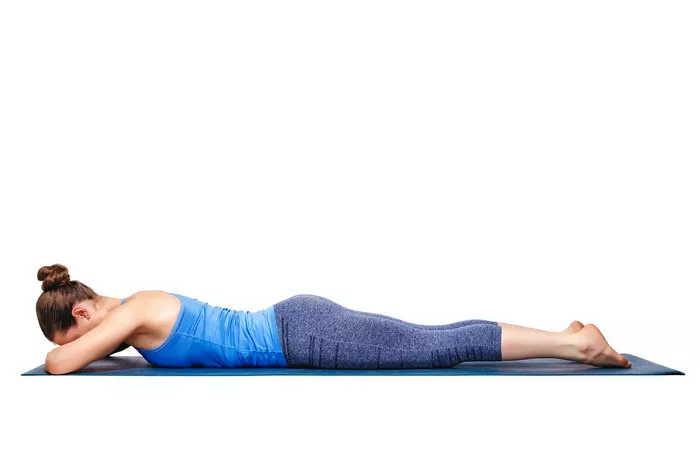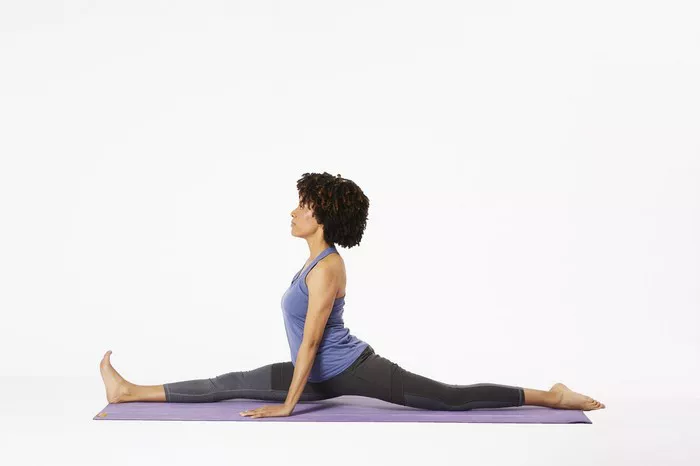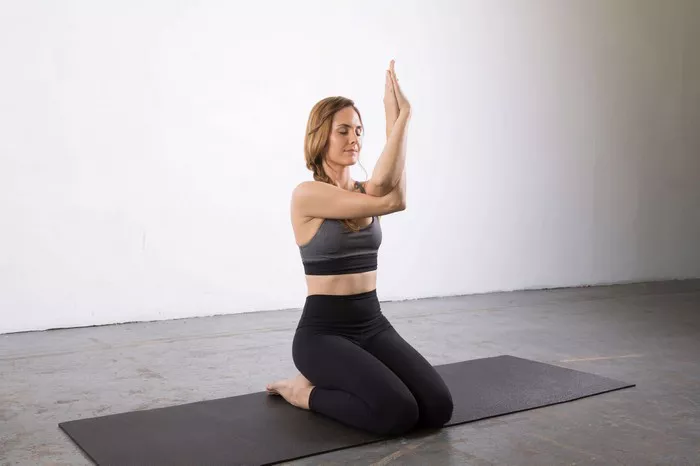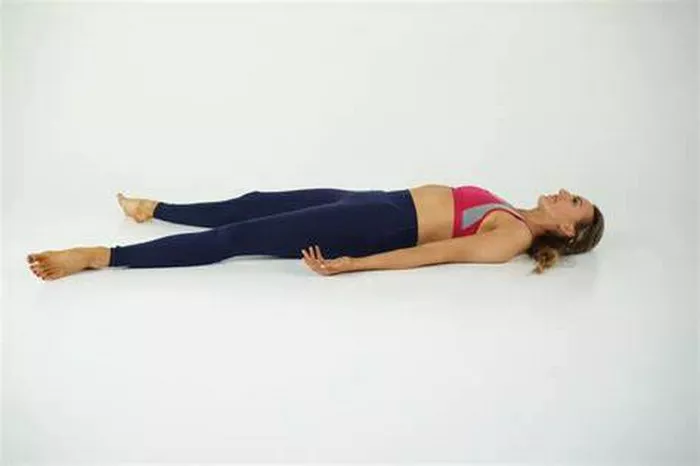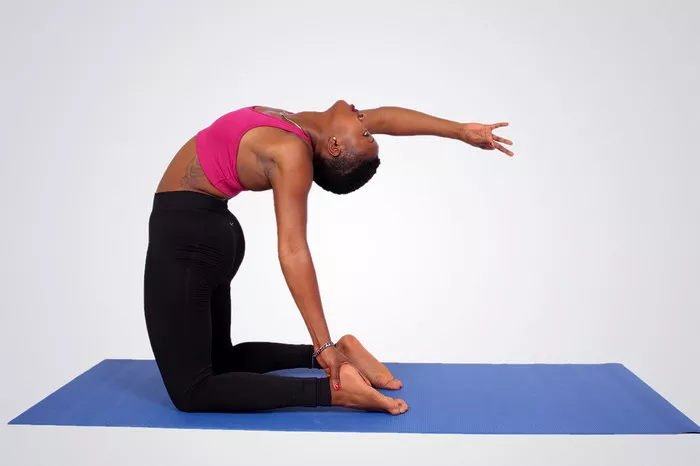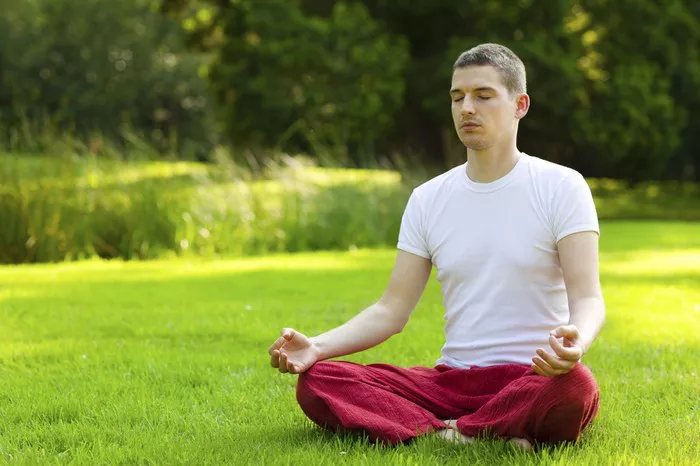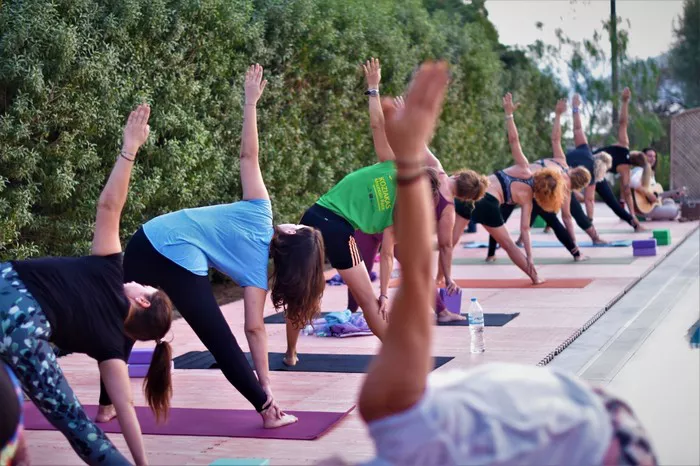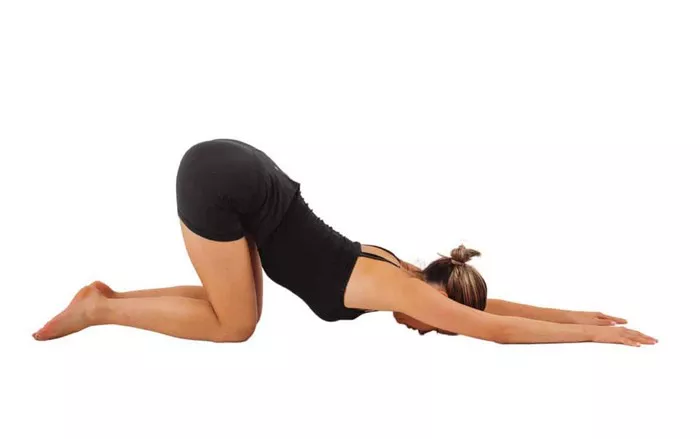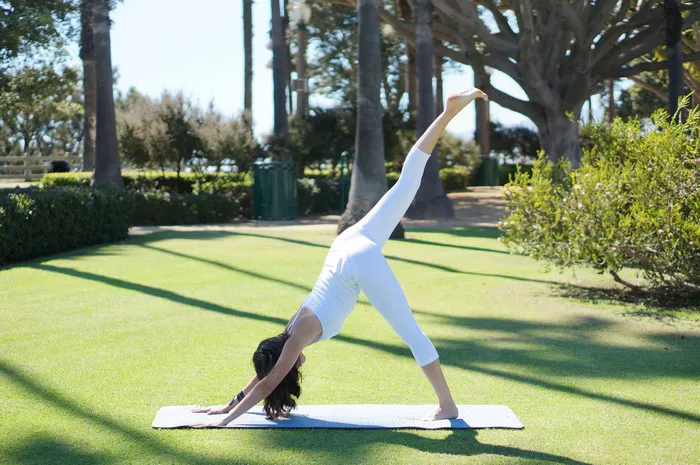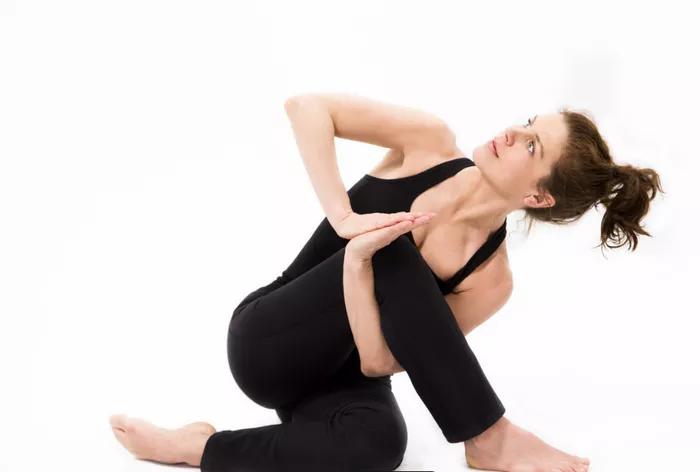In a world that often prioritizes productivity over well-being, the practices of yoga and meditation have emerged as essential tools for achieving physical health, mental clarity, and emotional balance. These ancient practices, rooted in centuries of tradition, have gained modern popularity for their profound benefits. This article delves into the numerous advantages of integrating yoga and meditation into daily life, exploring their impact on physical health, mental well-being, emotional stability, and spiritual growth.
1. Understanding Yoga and Meditation
1.1 What is Yoga?
Yoga is a holistic practice that combines physical postures (asanas), breathing exercises (pranayama), and meditation. It originated in ancient India and has evolved into various styles, each offering unique benefits. Some popular forms include Hatha, Vinyasa, Ashtanga, and Kundalini.
1.2 What is Meditation?
Meditation is a mental practice that involves focusing the mind to achieve a state of relaxation and heightened awareness. It can take many forms, including mindfulness meditation, transcendental meditation, and guided imagery. The goal is often to cultivate a sense of inner peace and clarity.
2. Physical Health Benefits
2.1 Improved Flexibility and Strength
Yoga promotes flexibility by stretching and lengthening muscles. Over time, practitioners may notice increased range of motion and decreased risk of injury. Additionally, many poses build strength, particularly in the core, arms, and legs.
2.2 Enhanced Respiratory Function
Breathing exercises in yoga enhance lung capacity and improve overall respiratory function. Practicing deep, conscious breathing can help reduce stress and anxiety, promoting a sense of calm.
2.3 Better Posture and Alignment
Regular practice of yoga encourages body awareness, leading to better posture. Improved alignment can alleviate chronic pain, particularly in the back and neck, and promote overall musculoskeletal health.
2.4 Weight Management
Yoga can support weight management through physical activity and mindfulness. Certain styles of yoga, such as power yoga or vinyasa, can provide a cardiovascular workout, while mindful eating practices developed through meditation can lead to healthier choices.
3. Mental Well-being
3.1 Stress Reduction
Both yoga and meditation are effective tools for managing stress. They activate the parasympathetic nervous system, leading to relaxation and a decrease in the production of stress hormones like cortisol.
3.2 Enhanced Focus and Concentration
Regular practice of meditation improves attention span and concentration. Mindfulness techniques train the brain to stay present, reducing distractions and enhancing productivity.
3.3 Anxiety and Depression Relief
Research has shown that yoga and meditation can significantly reduce symptoms of anxiety and depression. They promote the release of endorphins and other neurotransmitters that elevate mood.
3.4 Improved Sleep Quality
Practicing yoga and meditation can lead to better sleep quality. Techniques such as mindfulness and breathing exercises promote relaxation, making it easier to fall asleep and stay asleep.
See also: Unlocking the Power of Yoga Nidra: A Guide to Sleep Meditation
4. Emotional Balance
4.1 Increased Self-Awareness
Both practices foster self-awareness, encouraging individuals to observe their thoughts and emotions without judgment. This heightened awareness can lead to personal growth and emotional resilience.
4.2 Enhanced Emotional Regulation
Yoga and meditation cultivate skills that help individuals manage their emotions. Practitioners learn to respond to challenges with a calm, balanced perspective rather than reacting impulsively.
4.3 Greater Compassion and Empathy
Meditation practices, particularly loving-kindness meditation, promote feelings of compassion and empathy towards oneself and others. This can enhance relationships and foster a sense of community.
5. Spiritual Growth
5.1 Connection to a Higher Self
Many individuals turn to yoga and meditation for spiritual growth. These practices encourage introspection and can facilitate a deeper connection to one’s inner self or a higher power.
5.2 Mindfulness and Presence
The principles of mindfulness cultivated through these practices promote living in the moment. This awareness can lead to a more fulfilling life and a greater appreciation for everyday experiences.
5.3 Community and Belonging
Participating in yoga classes or meditation groups can foster a sense of community. Engaging with like-minded individuals can enhance the spiritual journey and provide support.
6. Practical Tips for Incorporating Yoga and Meditation into Daily Life
6.1 Start Small
If you’re new to yoga or meditation, start with short sessions. Even 10 minutes a day can make a significant difference over time.
6.2 Find a Style That Resonates
Explore different styles of yoga and meditation to find what resonates with you. This personal connection can enhance your commitment and enjoyment.
6.3 Create a Dedicated Space
Having a designated space for practice can help establish a routine. Keep your space inviting and free from distractions.
6.4 Incorporate Technology
Consider using apps or online classes to guide your practice. Many resources are available that cater to different levels and preferences.
6.5 Be Consistent
Consistency is key. Aim to practice regularly, even if only for a few minutes each day. Over time, you’ll likely notice significant benefits.
7. Conclusion
The benefits of yoga and meditation are vast and varied, touching upon physical, mental, emotional, and spiritual dimensions of well-being. By integrating these practices into daily life, individuals can cultivate a healthier, more balanced lifestyle. Whether you seek to improve flexibility, reduce stress, or foster a deeper sense of connection, yoga and meditation offer invaluable tools for unlocking wellness and enhancing overall quality of life.
This article outlines the comprehensive benefits of yoga and meditation while remaining accessible and informative. If you would like me to expand on any section or need additional details, feel free to ask!
Related topics:
Is Yoga a Form of Meditation? Exploring the Connection
A Comprehensive Guide to Anxiety Meditation
Healing Yoga Meditation: Restoring Balance and Well-Being



